Podcasts and marketing. They seem like two unlikely bedfellows, don’t they? Podcasts are all about slowing down, paying close attention, and engaging with something deeply. Marketing feels more frantic – trying to grab your audience’s attention by any means available. Marketing can often feel like the 30-second YouTube ads you impatiently wait to finish so you can listen to your chill-out mix. Or watch your existential cat videos.
Podcasts feel like old-school vinyl records, while marketing often feels like TikTok suffering from an intense sugar rush.
So how would they work together? How do you fit a chunky, slow, happy podcast into the high-speed funnel that is podcast marketing?
They’re kind of like yin and yang. Complementary, yet opposing forces. You can only run sprints for so long before you’re forced to slow down and chill out. Podcasts are the chilling out part of the marketing funnel. The world needs more podcasts.
Let’s Take a Moment to Inspect Our Funnel
A lot of marketing is geared towards grabbing attention; how to attract customers to your business. And with a bit of money invested in advertising, it’s easy enough to make it onto a few prospect’s radars. But there’s a crucial part between Attention and Action.
Interest and Desire. We can think of it a little like dating. You might have a stellar Tinder profile, and get a few right-swipes. But without some meaningful engagement in your chats, what are the chances of getting a face-to-face date? Chances are slim after the initial match.
Podcasts Create an Intimacy with Your Audience
Podcasts offer a wealth of customer engagement opportunities. When people hear your voice – the intonations, the off-the-cuff wise-cracks, your laugh – they feel close to you. They feel they’re getting to know you. You’re less of a stranger behind a flashy marketing campaign, and more a human that they can trust.
Podcasts can fill in the interest and desire-generating part of the podcast marketing funnel – aka relationship funnel – by helping you to develop a relationship with your customer base. How many times have you watched a movie, and thought you’d probably get on well with one of the actors?
You know you’ve never met them, you don’t actually know what they’d make of you if you did meet – but you still feel like you know them on some level. And that’s already half of the podcast-intimacy equation.
Who would you trust more? A company that has a ton of money to spend on adverts but feels a bit impersonal, or a company that might have less money but invests time in helping you get to know them?
Podcasts are a Chance to Showcase Your Expertise
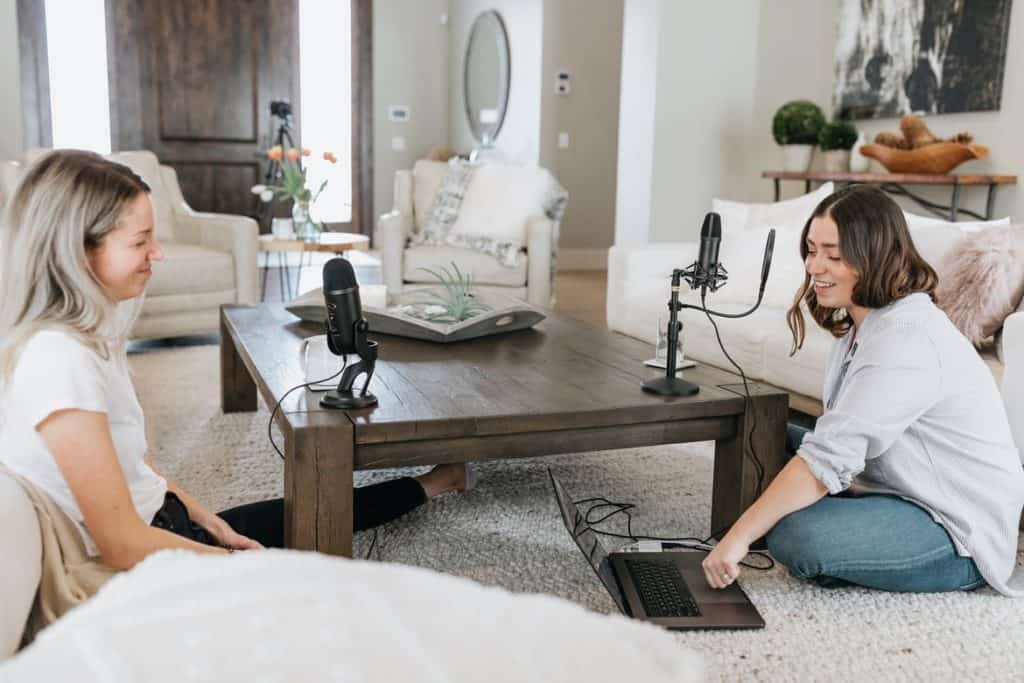
As well as forming a bond with your audience, podcasts are a more personal way to show what you can do, whether your expertise lies in clowning or software development. 45 minutes to an hour is a perfect time to express your expertise on any given subject. It’s much harder to fake confidence and knowledge in a podcast than in carefully curated written mediums of other marketing communication.
This will definitely set you apart in terms of trust in your expertise.
Podcasts Also Help the “Awareness” Part of the Funnel
The more people listen to your podcast, the more your podcast will get suggested to other listeners who have related interests, thanks to some algorithms like the ones employed by Spotify.
One clever technique for raising awareness of your company via podcasts is to be a guest on another person’s podcast and to have guests on your own podcast (you can also do this remotely with call recording software). Having guests and being a guest allows you to get introduced to other people’s audiences, and vice versa.
It’s the podcast equivalent of tagging people on Instagram. Or the podcast equivalent of merging friend groups via sophisticated cheese-tasting parties.

You can approach this in a few different ways. You could literally ask your audience what they’d like to learn more about and choose from their suggestions. Maybe they want to know what the best headset for video conferencing is, for example, and you could do an episode comparing different headsets.
This is a nice, personal way to choose your subjects because you’re asking your audience to express their needs and desires, and actively listening and responding. This is another relationship-building technique.
Another way you can achieve this is to use your imagination to think about what your audience might be interested in – after all, people don’t always know what they’d like to learn more about certain subjects until they’re exposed to things they hadn’t considered.
A final method, and often a really great one, is to just go off on a subject that you yourself find fascinating in your area of work. Speak from the heart (or the nerdy brain), gush about the things you’re passionate about. In short: geek out. There’s nothing greater than listening to someone who really cares about what they do (and honestly nothing duller than listening to a forced and contrived speech).
Anyone who’s ever listened to the Ologies podcast by Alie Ward can probably understand the pure bliss of listening to smart people talk excitedly about whacky subjects. So, if your burning desire is to create an enterprise digital transformation guide, have a go at it.
How Long Should I Talk For?
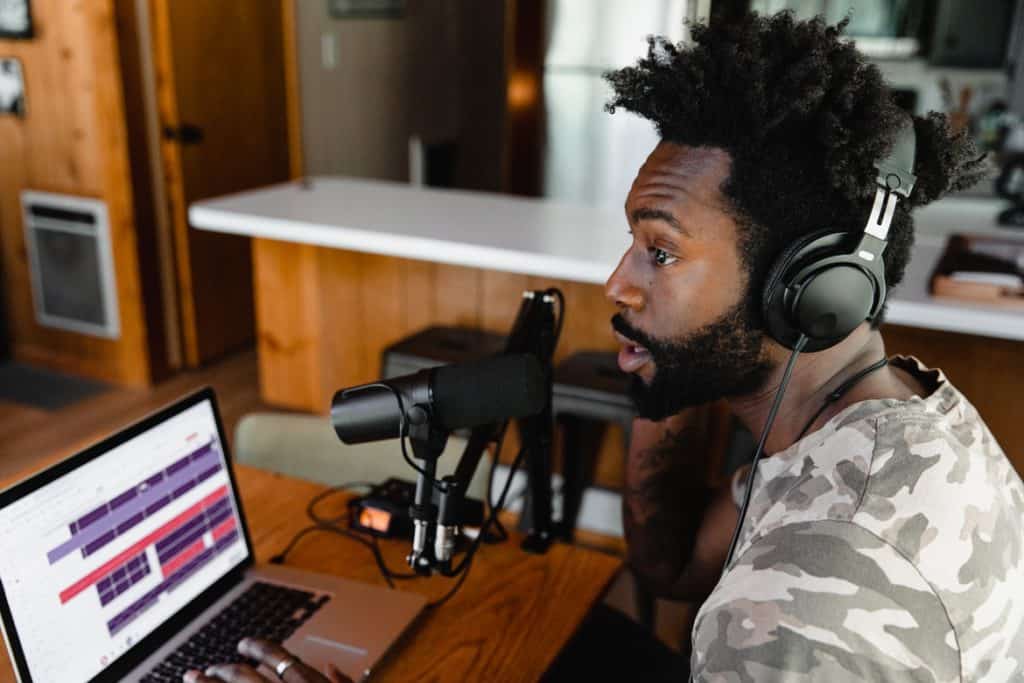
Some podcasters talk for 90 minutes, others for 45 minutes. Some talk for as long as they need to in order to fully explore a subject before exhaustion sets in, and others talk for as long as they expect their listeners’ commute to work will last (approximately 30 minutes, depending on the part of the world they’re in).
The short answer to how long you should talk is: it’s up to you. It depends entirely on your subject, energy levels, and audience.
If you have something particularly important to include in your episode, like a special discount, you might want to mention it at both the start and end of the episode for all the listeners who drop off before it’s over.
How Do I Get Started?
First off, you’ll want to create a general plan for your podcast. It’s a good idea to plan the first few weeks so that you have an outline in your mind and on paper that will guide your discussions and thought processes. You’ll want a catchy name, a topic (presumably in your business area), and a format – will it be just you talking, or will there be others? Will it be interview-based or discussion-y?
You’ll want some solid recording software and hardware – take some time to research good mics and reliable tools. If you’re talking with others remotely, you’ll want to make sure your software can accommodate that too. And you’ll want to consider how easy it is to edit your recordings before the episode is released.
For style and clarity, you might want to consider learning how to write a script, but this is likely to just be a guide rather than something to get too caught up in. There are plenty of resources online to help you, such as tutorials on editing audio.
Once your baby is ready, you’ll want to publish it on a listening channel (such as Spotify) and get the word out about your podcast via social media, your website, and email! If you live in the United Arab Emirates, you might want to consider hosting your podcast on an ae domain.
So How Will You Know It’s Fitting Into Your Funnel

Four words: content marketing performance metrics. You can see how many people are clicking on your podcast, how much time they spend listening to it, whether they engage further with your content and website. You can see when they engage with your content and how they engage with it. You can see how many new visitors you’re getting, and how many repeat visitors!
To encourage your listeners to make a purchase, you can create a gentle sense of urgency by offering discounts, two-for-ones, freebies, or a loyalty program of sorts. If you do this via your podcast, make sure to include the info in written text on your website.
Also, be sure to include a written transcript of your podcasts wherever possible for ease of access for those with impaired hearing (or anyone who wants to access the content of your podcast but might find themselves on a crowded train without their headphones).
Some Final Thoughts
We all have a little podcaster inside of us, a voice that yearns to be heard. Even if our subject is super niche, like “best waffle toppings of all time, ranked from sweetest to saltiest”, there will be someone out there, on the internet, who yearns to listen to us waffle on. And after a little time spent listening to your dulcet tones, you can bet your bottom dollar they’ll want to take a bite.

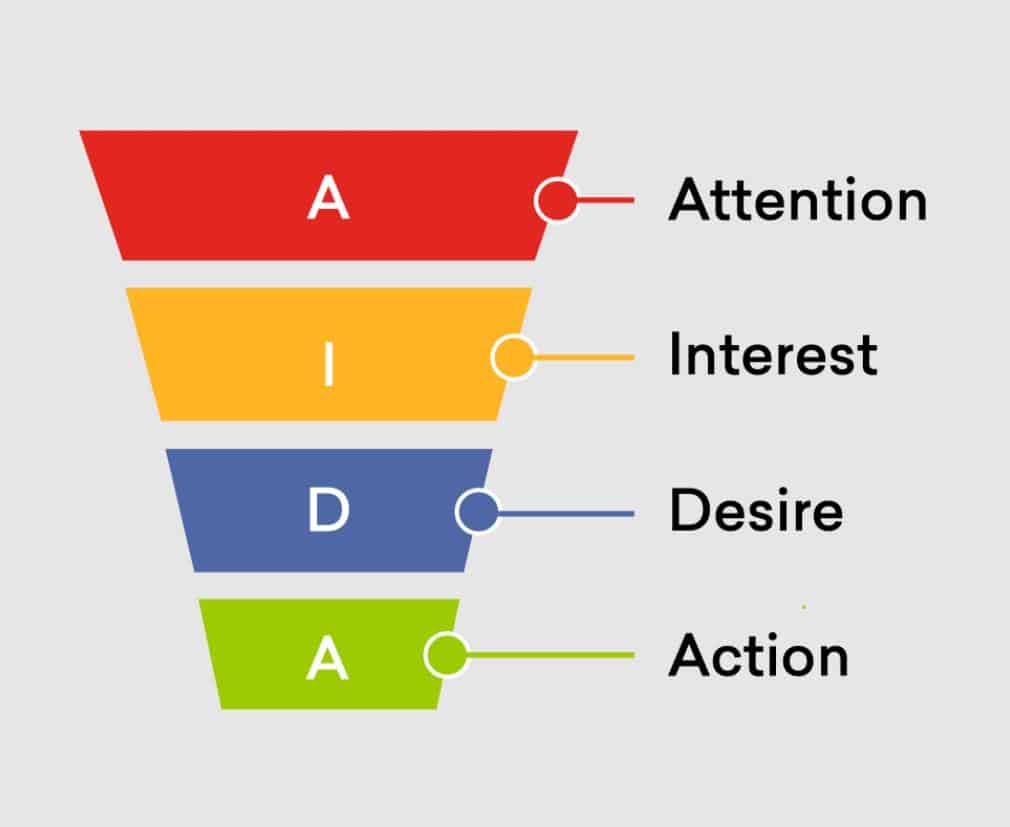

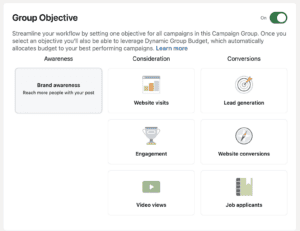
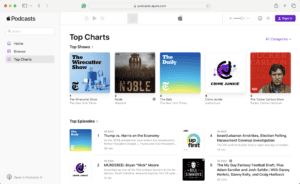
Comments are closed.